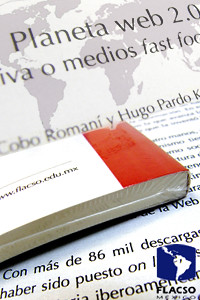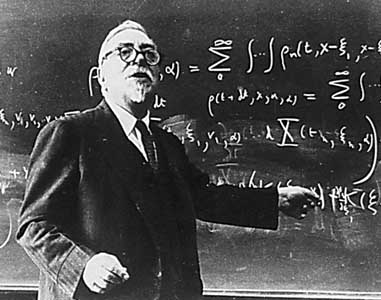la sociedad de la incertidumbre
Alice Lam, de BRESE, School of Business and Management de la Brunel Research in Enterprise, Brunel University (Uxbridge, West London) publicó un artículo llamado Organizational Innovation, con algunas ideas que no he querido dejar escapar.
Innovation as 'nonroutine, significant, and discontinuous organizational change that embodies a new idea that is not consistent with the current concept of the organization's business'. This approach defines an innovative organization as one that is intelligent and creative (Glynn 1996; Woodman et al 1993), capable of learning effectively (Senge 1990; Agyris and Schon 1978) and creating new knowledge (Nonaka 1994; Nonaka and Takeuchi 1995). Cohen and Levinthal (1990) argue that innovative outputs depend on the prior accumulation of knowledge that enables innovators to assimilate and exploit new knowledge.
Collective knowledge is the accumulated knowledge of the organization stored in its rules, procedures, routines and shared norms which guide the problem-solving activities and patterns of interaction among its members.
Technological innovation triggers organizational change because it shifts the competitive environment and forces organizations to adapt to the new set of demands. This deterministic view neglects the possibility that differences in organizational interpretations of, and responses to external stimuli can affect the outcomes of organizational change. The literature in organizational cognition argues that the environment is equivocal and changes in the environment creates ambiguity and uncertainty which prompts the organization to embark on a cycle of environmental scanning, interpretation and learning (Daft and Weick 1984; Greve and Taylor 2000).
Etiquetas: conocimiento, innovación, inteligencia colectiva













<< Home